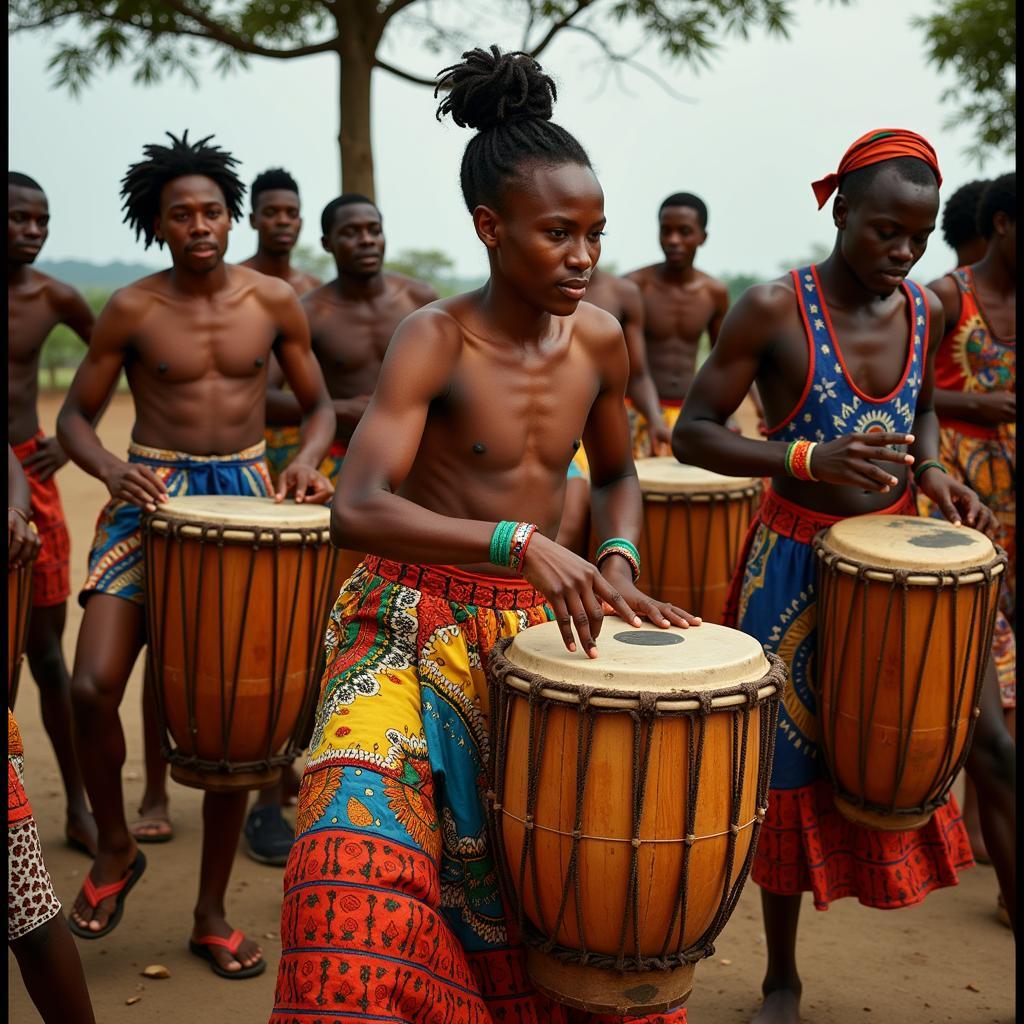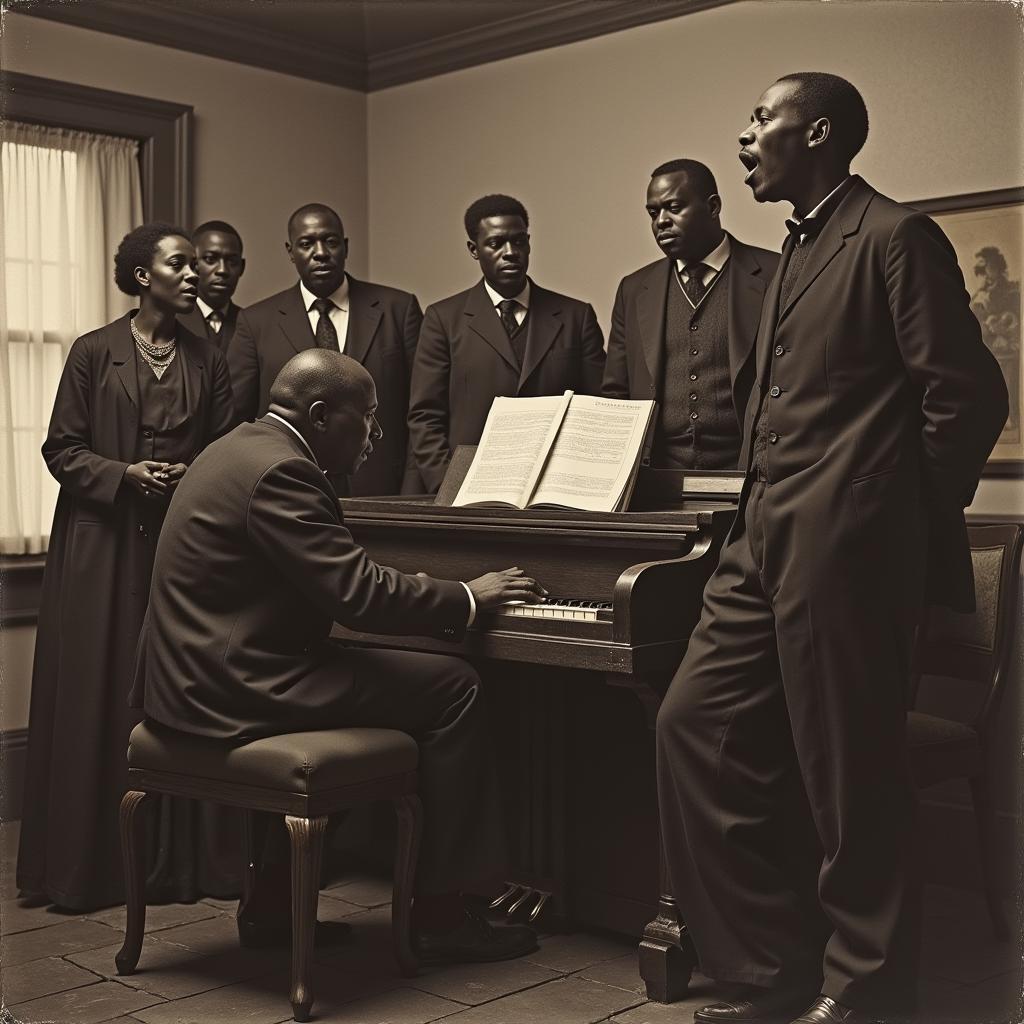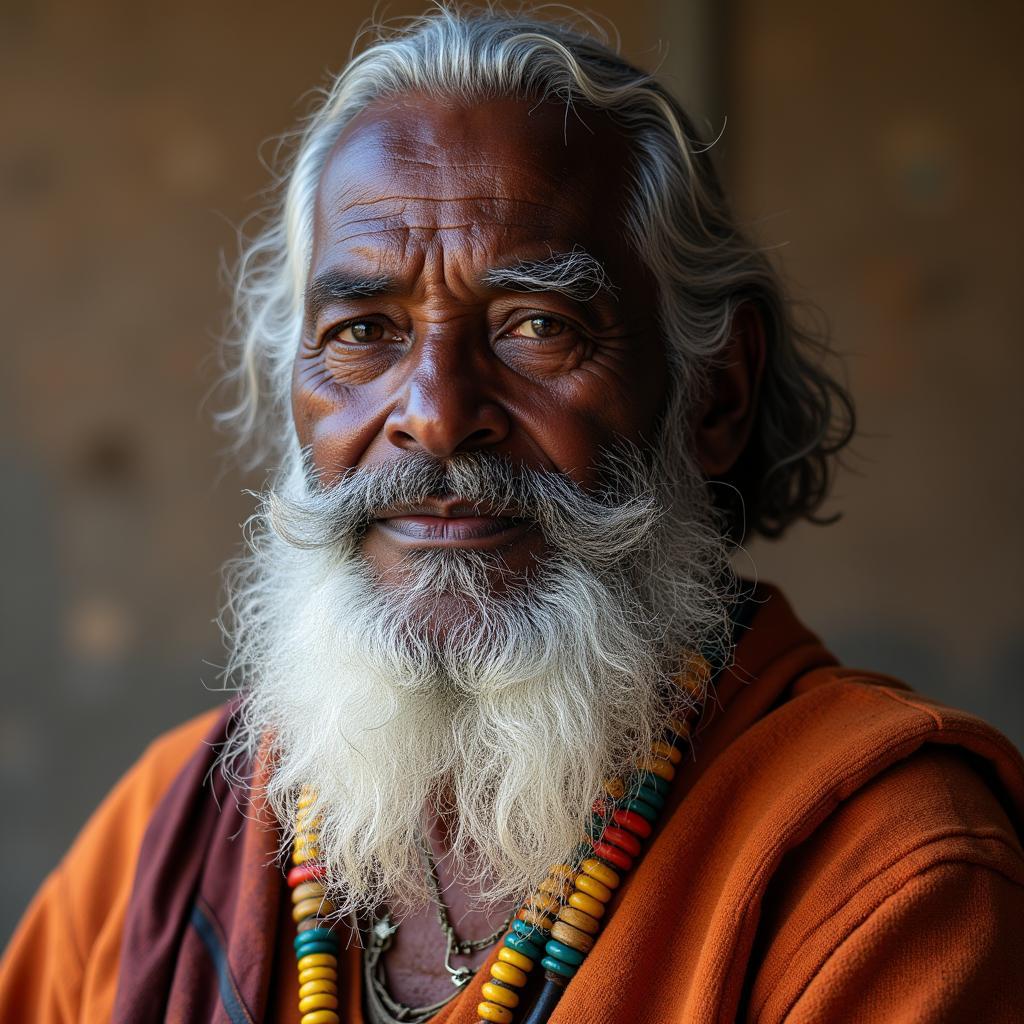Exploring African Culture and Values
African Culture And Values are as diverse as the continent’s vast landscapes and its numerous ethnic groups. From the bustling markets of Marrakech to the serene savannahs of the Serengeti, the tapestry of African Life is woven with rich traditions, vibrant art forms, and a profound respect for community and ancestry. This article delves into the heart of African culture and values, exploring their historical roots, contemporary expressions, and enduring significance in shaping the continent’s identity.
We’ll explore the core principles that unite diverse communities, the vibrant artistic expressions that tell stories of generations past and present, and the crucial role of oral tradition in preserving cultural heritage. Understanding African culture and values offers a glimpse into the soul of a continent brimming with resilience, creativity, and an unwavering spirit of Ubuntu – the belief in a universal bond of sharing that connects all humanity. Shortly after discussing the principles of Ubuntu, we’ll examine the impact of colonialism and the ongoing struggle to preserve cultural heritage in a rapidly globalizing world. Let’s embark on a journey of discovery, revealing the beauty and complexity of African culture and values.
The Essence of Ubuntu: Interconnectedness and Community
Ubuntu, a Nguni Bantu term roughly translating to “humanity towards others,” encapsulates a core value system across much of sub-Saharan Africa. It emphasizes interconnectedness, community, and the belief that individual well-being is inextricably linked to the well-being of the collective. Acts of kindness, sharing, and mutual respect are seen not as obligations, but as natural expressions of this interconnectedness. Ubuntu fosters a sense of belonging and shared responsibility, shaping social structures, conflict resolution mechanisms, and even economic practices. Families, extended families, and entire communities are tightly knit, offering support and guidance to their members. It underpins the social fabric of many African societies, reminding individuals that “I am because we are.”
The Power of Oral Tradition: Preserving History and Values
For centuries, before the advent of widespread literacy, oral tradition served as the primary means of transmitting knowledge, history, and cultural values across generations. Storytelling, proverbs, songs, and poems were carefully crafted and memorized, ensuring the continuity of cultural heritage. Griots, the traditional storytellers and keepers of history, held a revered position in society, entrusted with preserving the collective memory and passing it down through captivating narratives. These oral traditions not only entertain but also educate, instilling moral values, social norms, and a sense of identity. They continue to play a vital role in contemporary African societies, even as written forms of communication become increasingly prevalent.
The Vibrant Tapestry of African Arts: Expression and Identity
African art is a vibrant expression of the continent’s rich cultural heritage. From intricate wood carvings and colorful masks to elaborate textiles and rhythmic music, artistic creations embody the spirit, beliefs, and values of diverse communities. Sculptures often depict ancestors, deities, or important figures in local history, while masks are used in rituals and ceremonies to represent spirits and connect with the spiritual realm. Music and dance play a crucial role in social gatherings, celebrations, and religious practices, expressing emotions, conveying stories, and fostering a sense of unity. The vibrant colors, intricate patterns, and rhythmic energy of African art reflect the dynamism and creativity of the continent’s cultures.
If you’re curious about the intersection of cultures, particularly concerning relationships, you might find this article about an African guy in love with an Indian woman intriguing: african guy in.love with an.indian.woman.
The Impact of Colonialism and the Preservation of Cultural Heritage
The colonial era had a profound and often devastating impact on African culture and values. Traditional social structures were disrupted, indigenous languages were suppressed, and many cultural practices were outlawed. Despite these challenges, African communities have demonstrated remarkable resilience in preserving their cultural heritage. Efforts are underway to revitalize indigenous languages, promote traditional arts and crafts, and document oral traditions for future generations. Museums, cultural centers, and educational institutions play a vital role in safeguarding and celebrating African culture. This includes acknowledging and respecting the diverse traditions surrounding coming-of-age ceremonies, as seen in african american sweet 16 traditions. The struggle to reclaim and preserve cultural identity continues to be a central theme in contemporary African society. Navigating the complexities of a globalized world, Africans are striving to maintain their unique cultural heritage while adapting to the changing times.
You can learn more about general African traditions at this link: african culture facts and traditions.
Conclusion: The Enduring Legacy of African Culture and Values
African culture and values represent a rich tapestry of traditions, beliefs, and artistic expressions that have shaped the continent’s identity for centuries. From the principles of Ubuntu to the power of oral tradition and the vibrant arts, African culture continues to evolve and adapt, demonstrating its resilience and enduring legacy. Understanding African culture and values is essential for appreciating the diversity and complexity of the human experience. Embracing these values, particularly the emphasis on community and interconnectedness, can offer valuable lessons for building a more just and harmonious world. You can explore further about moral values instilled in children through this article on african kid moral.
FAQ:
- What is Ubuntu?
- Ubuntu is a philosophy emphasizing interconnectedness and community.
- How are African traditions preserved?
- Through oral traditions, storytelling, art, and cultural institutions.
- What is the role of art in African culture?
- Art expresses values, beliefs, and history.
- How did colonialism impact African culture?
- It disrupted social structures and suppressed traditions.
- Why are African values important?
- They offer lessons in community and harmony.
- What is a Griot?
- A Griot is a traditional storyteller and historian.
- How can I learn more about African culture?
- Through books, museums, travel, and cultural exchange.
Situations where questions about African culture and values arise:
- When learning about different cultures in school or independently.
- When traveling to Africa or interacting with African communities.
- When studying history, anthropology, or related fields.
- When seeking to understand global perspectives and values.
- When engaging in cross-cultural communication and understanding.
Further Exploration:
Explore more related articles and resources on our website for a deeper understanding of African history, traditions, and contemporary issues.
When you need help, please contact us by Phone: +255768904061, Email: kaka.mag@gmail.com or visit us at: Mbarali DC Mawindi, Kangaga, Tanzania. Our customer support team is available 24/7.



